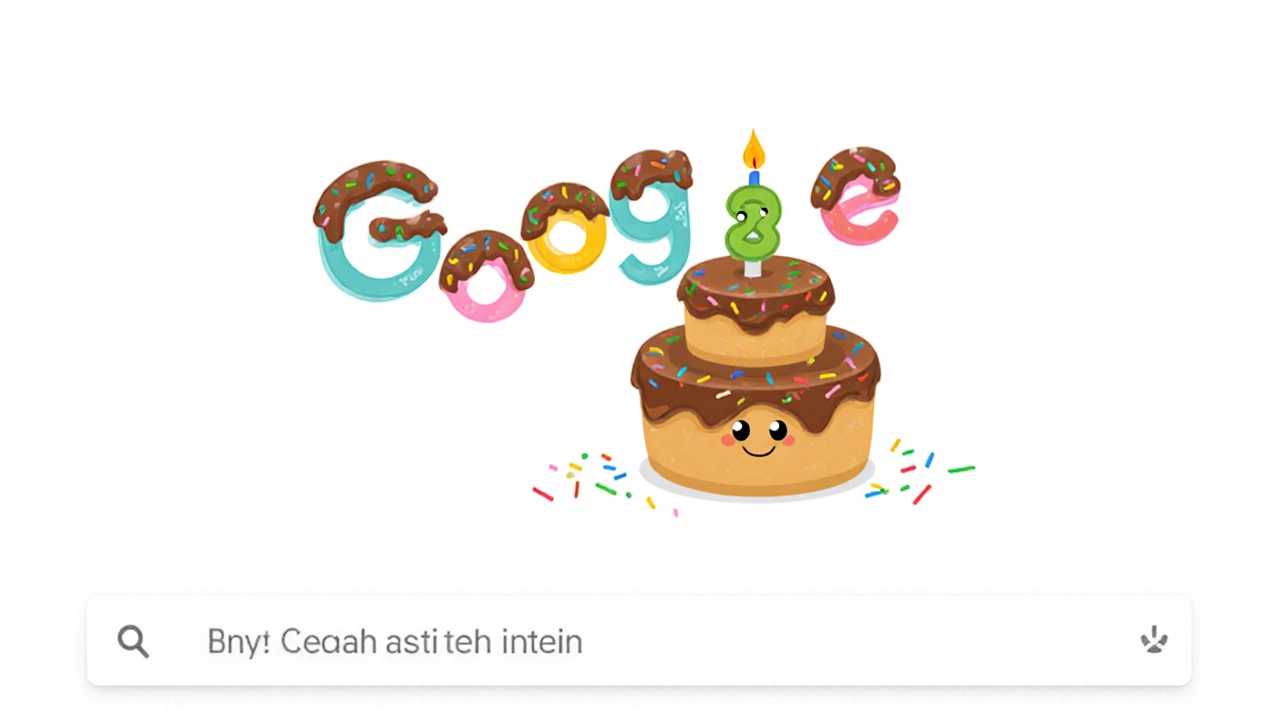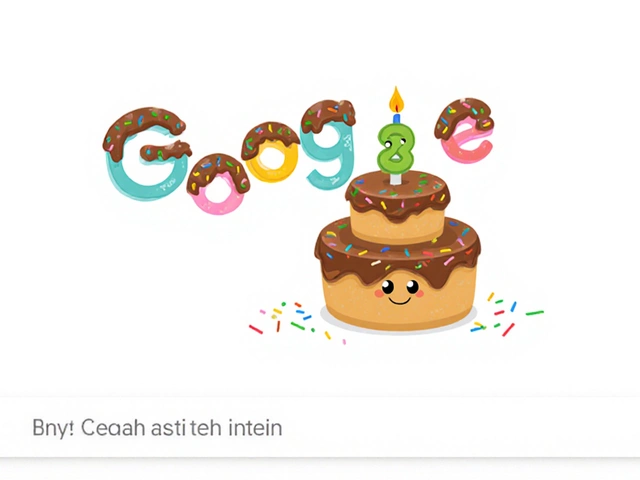The Early Days: From Stanford Dorms to a Garage
When Larry Page and Sergey Brin first met in Stanford’s computer science program in the mid‑1990s, they shared a simple frustration: the web was a massive mess of information, hard to sift through. Their answer was a research project called Backrub, a prototype that ranked web pages by the number and quality of links pointing to them. By 1996 the duo had a working algorithm, and they began testing it from their dorm rooms, running queries on a modest machine that barely kept up.
In 1997 the project earned a $100,000 check from Andy Bechtolsheim, co‑founder of Sun Microsystems. That piece of paper – written on the back of a napkin – gave the fledgling company its first real runway. With cash in hand, Page and Brin rented a two‑car garage in Menlo Park, California. The cramped space, once owned by a coffee shop, became the headquarters for what would soon be called Google Inc.
Official incorporation happened on September 4, 1998, but the company later chose September 27 as its public anniversary. The date coincided with the moment Google announced it would stop displaying the total number of indexed pages – a milestone that signaled the search engine had overtaken Yahoo in breadth.
During the first months, the new search tool attracted curiosity and quickly proved useful. By the end of 1998, Google was handling roughly half a million queries each day. The company’s clean, fast results earned attention from venture capitalists, leading to a $25 million round led by Sequoia Capital in 1999. That financing allowed Google to move out of the garage, hire engineers, and start building the infrastructure that would power billions of future searches.
Celebrating a Quarter‑Century: The 25th‑Year Doodle and What’s Next
Fast forward to September 27, 2023 – the day Google turned 25. The home page greeted users with a vibrant animated doodle that traced the evolution of the iconic four‑color logo from its early serif version to today’s sans‑serif design. Each transition was timed to the beat of a subtle tune, culminating in a special graphic that fused the iconic letters with the number “25” and burst of confetti. Below the animation, a “Google surprise spinner” offered random games to anyone who typed birthday‑related queries, adding a playful touch to the celebration.
The doodle is more than a decorative flourish; it’s a product of the Doodlers, a dedicated team of illustrators, designers, and engineers who have created over 5,000 unique logos since the first celebration of the Burning Man festival in 1998. Some doodles are static, while others are interactive – think the 2017 cricket game where users could tap cartoon crickets to score runs, or the 2018 tribute to Maya Angelou that featured audio clips of her poems. The team selects subjects that range from historic events and scientific breakthroughs to cultural icons, aiming to educate and entertain billions of daily visitors.
Google’s scale today is mind‑boggling. The search engine now processes about 8.5 billion queries each day, translating to more than 3 trillion searches a year. In 2022 the company reported $282 billion in total revenue, with $162 billion coming purely from search‑related advertising. The ecosystem has also expanded far beyond search: Maps, YouTube, Android, cloud services, and a growing suite of AI‑driven tools now sit under the Alphabet umbrella.
Yet the mission statement remains unchanged: to organize the world’s information and make it universally accessible and useful. This promise drives new initiatives like AI‑enhanced search features, the integration of large language models into Workspace apps, and digital‑skills programs that train millions of people for tomorrow’s jobs.
Looking ahead, Google’s roadmap is increasingly AI‑centric. Projects like Gemini, the next generation of conversational models, are being woven into Search, Gmail, and even the Android operating system to deliver more personalized, context‑aware experiences. The company is also investing heavily in quantum computing research and sustainability – aiming for carbon‑free operations by 2030.
From a modest garage experiment to a global technology behemoth, Google’s journey reflects the power of a clear vision, relentless engineering, and a culture that celebrates curiosity. The 25th‑year doodle not only honored the past; it reminded users that every click, query, and quirky illustration is part of an ongoing story that continues to shape how we find, learn, and connect online. Google anniversary celebrations will likely become a yearly tradition, each one spotlighting another chapter in a saga that shows no sign of slowing down.






